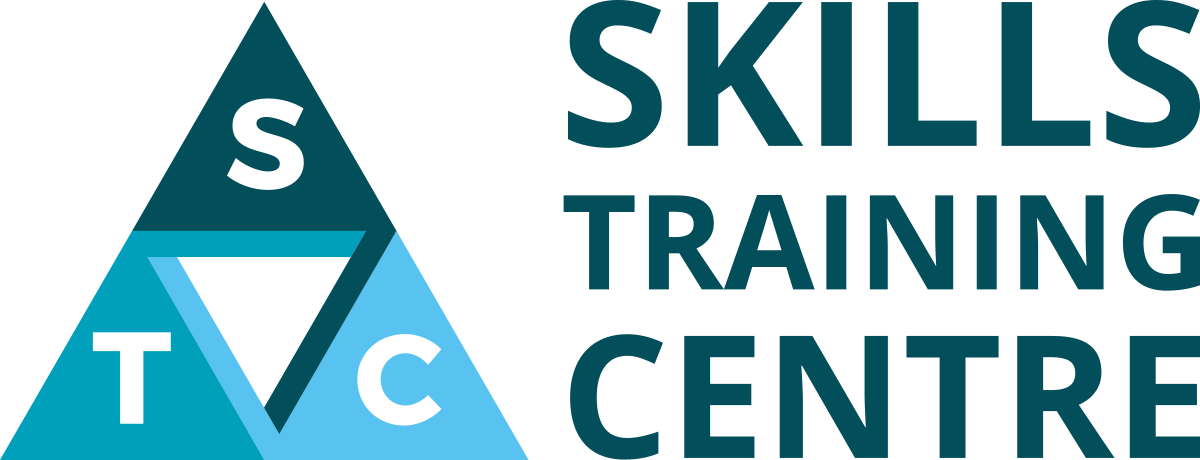What Training Courses are Required to Become a: Traffic Management Operative
In this article we will discuss what a Traffic Management Operative is, what training courses are required and provided by Skills Training Centre and who the training is suitable for.
Traffic Management Operatives are fundamental in supporting road workers, by providing and implementing safety equipment in order for work to be carried out on highways. Sector Schemes have been developed within an ISO9001 framework in partnership with key organisations in the highways industry and are designed to ensure that all work is carried out by a trained and competent workforce and completed to industry and nationally recognised standards.
In this article we will discuss what a Traffic Management Operative is, what training courses are required and provided by Skills Training Centre and who the training is suitable for.
What is a Traffic Management Operative?
As you approach road works, you will quite often notice a van carrying cones, barriers and other safety equipment, these vans are driven and managed by Traffic Management Operatives. They are responsible for setting up the protective zone around those working on the road or motorway. Traffic Management Operatives are also in charge of setting up diversion signs, implementing road closures and controlling traffic flow with temporary traffic lights.
Without Traffic Management Operatives the roads would be hazardous places for teams tasked with carrying out repairs to the road surface or any drainage. Operatives are not only responsible for protecting road workers but emergency workers such as fire-fighters, paramedics and police officers too. Teams will assist at the incident scene, ensuring that traffic is appropriately diverted and that it causes minimal disruption for drivers.

Qualifications Needed to become a Traffic Management Operative
Skills Training Centre offers the LANTRA Highways Sector Scheme which consists of a range of specialised training and assessment packages for Traffic Management, specifically designed to meet industry and national standards. All of the training courses are based on modern instruction methods, group and individual working and several practical on-site assessments. The LANTRA Temporary Traffic Management Basic Course is the foundational course that is required to kick-start your career towards becoming a Traffic Management Operative however there are multiple courses to enhance your knowledge and opportunities within the industry. The modular training scheme is designed to cater for various alternative situations within the industry from a lone worker cutting hedges to a traffic management contractor for a major highway.
Temporary Traffic Management Basic Course (TTMBC)
This course is for all persons who are starting out their career in the traffic management industry, with the aim to provide delegates with the necessary technical knowledge and skills to commence work. The course will cover; quality assurance and NHSS 12, relevant terminology, health and safety, necessary equipment, safety zones and how to maintain a road closure. This is a ½ day course and to pass, delegates must complete a multiple choice test at the end of the course.
Registered Moving Works (MWO)
This course is suitable for all persons carrying out the following types of work: pothole repair, leak detection, fault finding, tree cutting or felling, installation of traffic loops, coring, grass cutting, hedge cutting, weed spraying, road sweeping/cleaning, etc. For a full list please refer to our brochure. The aim of the Registered Moving Works course is to provide the necessary technical knowledge and skills in order for learners to be able to implement the correct traffic management requirements to undertake moving and short duration minor works. Again, this training is a ½ day course and delegates must achieve a 75% pass mark in order to obtain Moving Works Operative Status.
Static Works on Single Carriageways (T1 and T2)
This course is suitable for all persons required to carry out mobile and short duration minor works on rural and urban roads as well as give and take, priority signs (passive traffic control), stop and go, 2-way portable traffic signals and to become a Registered Traffic Management Operative (RTMO). The aim of this course is to provide the necessary technical knowledge and skills in order for delegates to be able to implement the correct traffic management requirements to undertake Static Works on Single Carriageways including all forms of Traffic Control
Static Works on Dual Carriageways (T3)
This course is intended for Registered Traffic Management Operatives (RTMO) who are required to carry out work on dual carriageways lane closures with a speed of 40mph or less. The aim of Static Works on Dual Carriageways is to provide delegates with the necessary technical knowledge and skill to install, maintain, alter and dismantle temporary traffic management systems on dual carriageway roads restricted to 40mph or less. The course is a ½ day of training and delegates are required to complete three site-based assessments within a two year period to obtain full operative status.
Registered Lead Traffic Management Operative (T6)
This course is suitable for registered Traffic Management Operatives who are required to supervise traffic management. It’s aim is to provide learners with the necessary technical knowledge and skill to supervise a team who will be undertaking the installation, maintenance, and removal of temporary traffic management. The Registered Lead Traffic Management Operative is split across two days and delegates will gain status by completing two end of course classroom based assessments.
We don’t believe in delivering courses that just tick boxes, we provide training that allows our attendees to learn new skills, improve existing skills and retain industry based knowledge.
The courses we provide are designed to be relevant and cost effective and are delivered to high standards. Our instructors are professional and experienced in their respective fields and are highly skilled at taking into account the needs of individuals with different skills, abilities and experience.
If you wish to gain further insight into our range of Sector Scheme training courses and what Skills Training Centre can provide for you, please get in touch.


